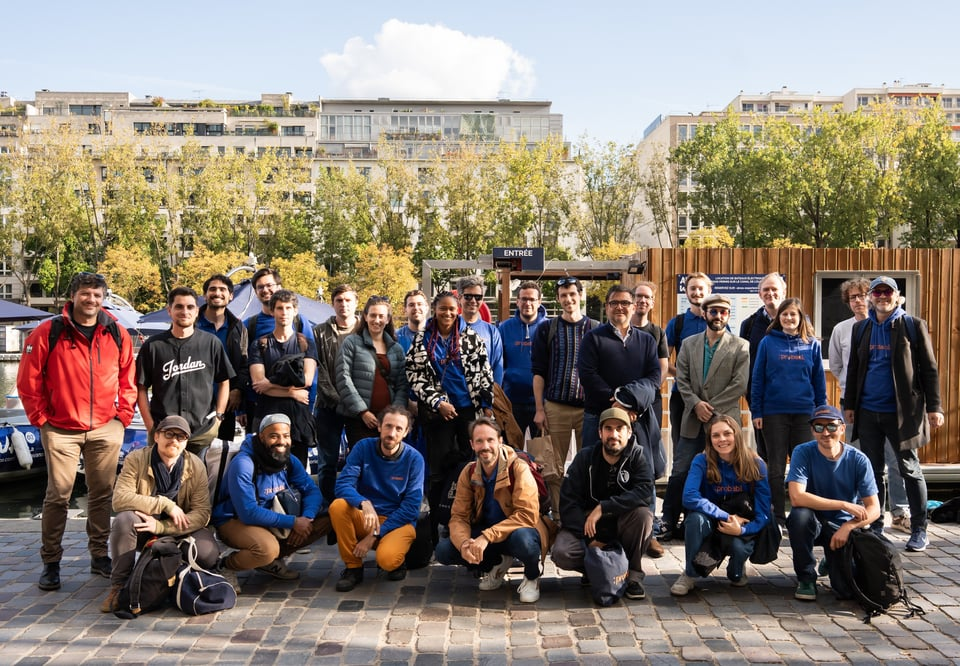Stepping up as probabl’s CSO to supercharge scikit-learn and its ecosystem
Note

Probabl’s get together, in falls 2025
I’m thrilled to announce that I’m stepping up as Probabl’s CSO (Chief Science Officer) to supercharge scikit-learn and its ecosystem, pursuing my dreams of tools that help go from data to impact.
Scikit-learn, a central tool
Scikit-learn is central …







